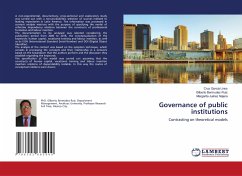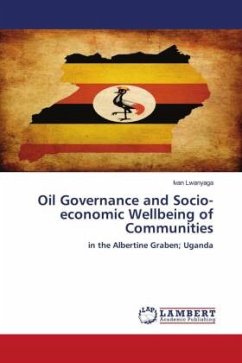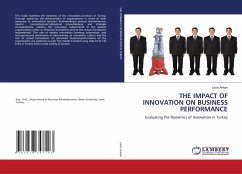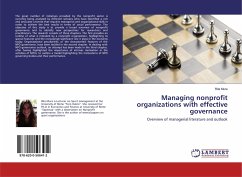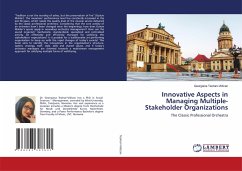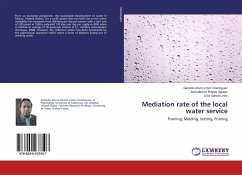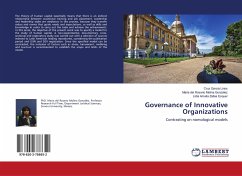
Governance of Innovative Organizations
Contrasting on nomological models
Versandkostenfrei!
Versandfertig in 1-2 Wochen
36,99 €
inkl. MwSt.

PAYBACK Punkte
18 °P sammeln!
The theory of human capital essentially means that there is an indirect relationship between vocational training and job placement. Leadership and leadership styles are mediators in this process, because they transfer values and norms that guide needs and expectations, as well as skills and knowledge in order to carry out the tasks and achieve the achievements. In this sense, the objective of the present work was to specify a model for the study of human capital. A non-experimental, documentary, cross-sectional and exploratory study was carried out with a selection of sources indexed to Latin ...
The theory of human capital essentially means that there is an indirect relationship between vocational training and job placement. Leadership and leadership styles are mediators in this process, because they transfer values and norms that guide needs and expectations, as well as skills and knowledge in order to carry out the tasks and achieve the achievements. In this sense, the objective of the present work was to specify a model for the study of human capital. A non-experimental, documentary, cross-sectional and exploratory study was carried out with a selection of sources indexed to Latin American leading repositories, considering the publication period and ISSN and DOI registration. Since the specified model can be contrasted, the inclusion of factors such as stress, harassment, mobbing and burnout is recommended to establish the scope and limits of the model.




